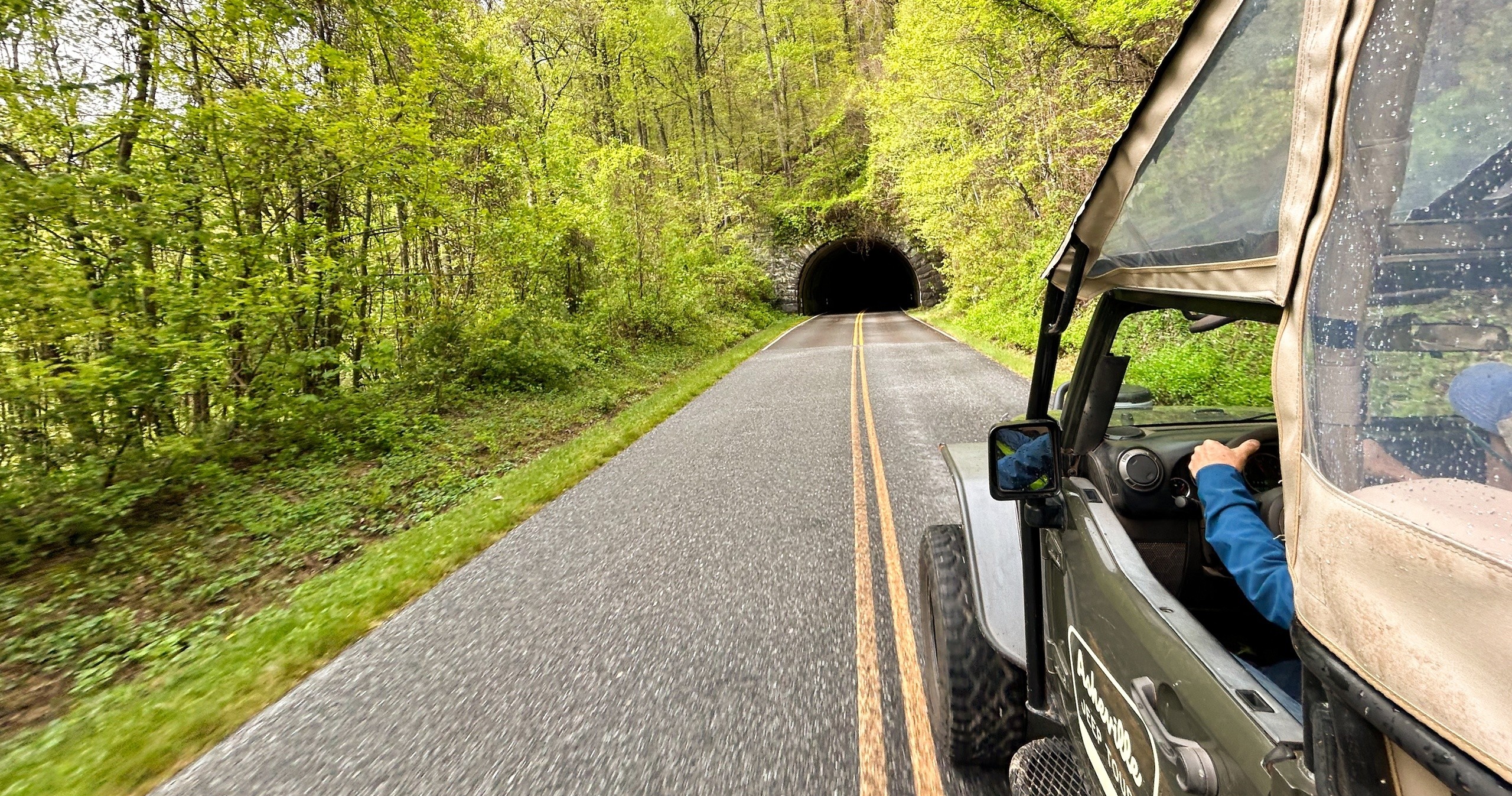Walking the Sky in Moab: A Full-Day Highline Course
Learn to balance, breathe, and walk the edge—safely rigged and coached above Moab’s red rock canyons.
The wind moves first. It noses over the red rim and presses its palm against your chest, reminding you how big the void is and how small you are. Below, the Colorado River curls through a corridor of sandstone, green cottonwoods bright against rust-colored walls. Somewhere a raven laughs—because ravens always laugh at the humans—and you clip your leash, settle your harness, and slide onto the line. Here, above Moab’s cinematic cliffs, you begin the slow conversation between balance and fear.
Trail Wisdom
Start Low, Build High
Begin with sits, scoots, and leash climbs before attempting to stand. Early wins build confidence that translates to steps later.
Hydrate Like a Local
Carry at least 3 liters per person and drink steadily; desert wind dehydrates fast even when it doesn’t feel hot.
Sun Armor Matters
A brimmed hat, sunscreen, lip balm, and a sun hoodie keep you comfortable and focused on the line.
Breathe Through the Wobble
Use slow exhales and a soft gaze to quiet the line; practice leash-stand technique until it’s automatic.
Local Knowledge
Hidden Gems
- •Lions Park Pedestrian Bridge at sunset for river-and-cliff color shows
- •Grandstaff Canyon Trail to Morning Glory Arch for a post-session leg stretch
Wildlife
Desert bighorn sheep, Common ravens riding thermals
Conservation Note
Stay on durable surfaces and avoid stepping on cryptobiotic soil; pack out all trash and minimize anchor impact on fragile sandstone.
Moab shifted from uranium boomtown to adventure hub; the nearby Fruit Bowl has drawn highliners from around the world for gatherings and progression.
Seasonal Guide
spring
Best for: Learning new skills, Cooler temps and calmer winds
Challenges: Variable wind, Occasional spring storms
Long, mild days make spring an ideal time to progress with fewer heat-related issues.
summer
Best for: Early starts and shade hunting, Fast drying conditions
Challenges: High heat, Intense sun and afternoon gusts
Plan dawn-to-late-morning sessions, bring extra water, and prioritize sun protection.
fall
Best for: Stable weather, Peak comfort for longer sessions
Challenges: Shorter daylight, Occasional cold fronts
Crisp air and golden cottonwoods set the stage for confident stepping and longer lines.
winter
Best for: Quiet venues, Low-angle light for photos
Challenges: Cold wind, Icy approaches on shaded trails
Bundle up and watch forecasts; clear winter days can be sublime but require strategic layering.
Photographer's Notes
What to Bring
Approach ShoesEssential
Useful for short scrambles to anchors and moving confidently on slickrock.
Sun Hoodie or Long-Sleeve UPF ShirtEssential
Provides consistent sun protection and helps regulate temperature in exposed desert terrain.
3L Hydration ReservoirEssential
Encourages steady sipping and helps you meet the 3-liter minimum without stopping.
Athletic Tape
Handy for taping toes if you prefer barefoot highlining and for minor hot spots.
Common Questions
Do I need prior slacklining experience to try this?
No. The course is designed for beginners and intermediates, with line length and coaching tailored to your comfort and ability.
What if I’m afraid of heights?
Fear is common and part of the curriculum. Your guide will teach breathing and mental strategies, plus safe leash-climb techniques to manage exposure.
What’s included and what should I bring?
Professional rigging, instruction, and safety systems are provided. Bring at least 3 liters of water, sunscreen, snacks, sunglasses, a hat, and lip balm.
Where do we meet?
You’ll meet in Moab and caravan to the highline area near the US-191 and UT-128 junction, depending on conditions and venue choice.
How long is the day and how strenuous is it?
Expect up to eight hours including approach, setup, coaching, and practice. You’ll hike short distances and repeatedly climb the leash after falls.
Is there a minimum age?
Yes. Ages 8 and up can participate, provided they can wear a harness and follow safety instructions.
What to Pack
3L of water for all-day hydration; sun hoodie and brimmed hat for relentless desert sun; approach shoes for slickrock approaches; high-calorie, salt-forward snacks to keep focus sharp during repeated leash climbs.
Did You Know
The Fruit Bowl outside Moab hosts GGBY, one of the world’s longest-running highline gatherings, drawing international athletes each fall.
Quick Travel Tips
Book sunrise starts in summer to beat heat; confirm meetup at Lions Park near US-191/UT-128; bring cash or card for a post-session meal in town; expect spotty cell service near canyon venues—download maps offline.
Local Flavor
Post-session, refuel at Moab Brewery for a cold pint and hearty fare, or grab tacos at Quesadilla Mobilla. For coffee and quick breakfast, swing by Wicked Brew. If you’ve got energy left, stroll Main Street’s galleries and gear shops to tap into the town’s creative desert vibe.
Logistics Snapshot
Closest airport: Canyonlands Regional (CNY), 20 minutes; Grand Junction (GJT) ~1.75 hours. Meet near Lions Park/US-191 & UT-128. Expect limited cell service at venues. Most sites are on BLM land; permits and anchor compliance are handled by your guide—confirm details when booking.
Sustainability Note
Cryptobiotic soil is living desert crust—one footprint can erase decades of growth. Walk on rock or established trails, use existing anchor points where possible, and pack out everything, including micro-trash like tape bits.
Continue Reading

Blue Ridge Parkway by Jeep: Asheville’s Big-View Drive Without the Footslog
Trade trail dust for ridge-line views on a guided Blue Ridge Parkway Jeep tour out of Asheville. Over 3–4 unhurried hours, hop between classic overlooks, craft stops, and story-rich vistas—no hiking boots required.
Asheville, North Carolina

Into the Lower Canyon: 6.5 Days Oaring the Colorado’s Big Water
Start before dawn on the South Rim, hike 9.5 miles to the Colorado, and settle into six and a half days of oar-powered whitewater, side canyons, and starlit camps. This Lower Canyon journey pairs big water with smart logistics—and ends in a helicopter lift out of the heart of the Grand Canyon.
Grand Canyon Village, Arizona
